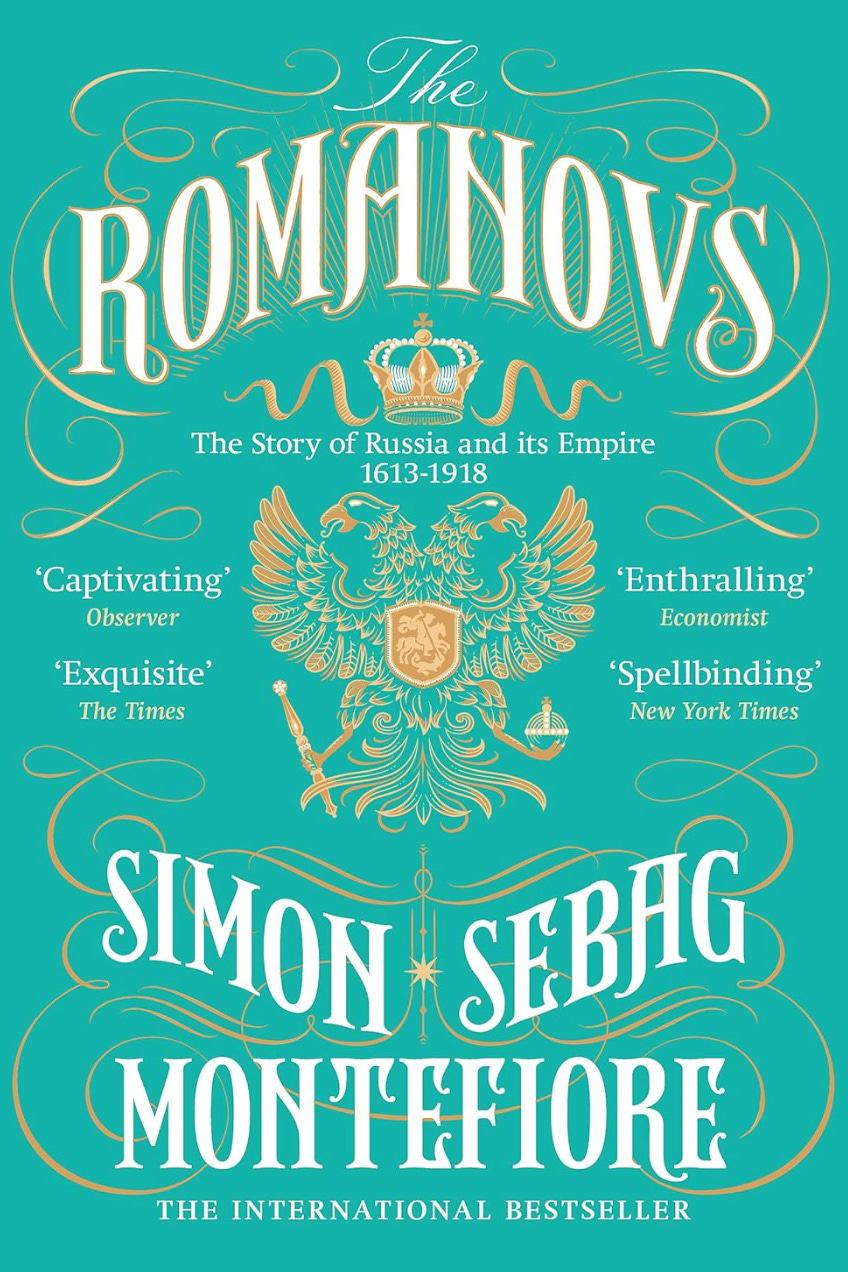Welcome aboard The Bus!
The Stop
In ancient Greek mythology, Chaos was the beginning of all - the ‘origin of everything, the empty, unfathomable space at the beginning of time’. Rather than being an abyss or a ‘gaping void’, Chaos - personified as a female - was the ‘primal feature of the universe … a shadowy realm of mass and energy from which much of what is powerful (and mostly negative and dark) in the world’ would emerge.1
The name ‘Chaos’ (from the Greek Χάος) comes from the Greek verbs χάσκω (cháskō) and χαίνω (chaínō), both meaning ‘to gape’ or to ‘be wide open’. The modern English word ‘chaos’, suggesting a disordered, jumbled confusion ‘represents something very different from the original Greek.’ Rather than being a tumultuous something, in the Greek mythologies Chaos was a vast, tumultuous absence - the very definition of the ‘dark majesty and mystery of creation’. The modern denotation actually comes from the Roman poet Ovid (43 BCE - 17 CE), who interpreted Chaos as being the ‘original disordered and formless mass’ from which the ordered universe was created - a conception of Chaos adopted by the early Christian Church Fathers2 in their interpretations of the Hebriac creation story in Genesis 1.
In the 8th Century BCE poet Hesiod’s Theogony - his large-scale attempt to synthesise the numerous beliefs about and genealogies of the gods - in the hierarchy of creation Chaos appears first, followed by Gaia (Earth), Tartarus (the Underworld) and Eros (Love/Desire). Though Gaia would eventually become identified as the ‘Mother of Everything Beautiful in the World’ and Eros became ‘the fairest among the deathless gods,’ Chaos produced Erebus (Darkness) and Nyx (Night) - the only goddess feared by Zeus. Despite producing Aether (the bright upper air) and Hemera (Day), Nyx was responsible for creating the ‘dark and dreadful aspects of the universe’ - Dreams, Death, War and Famine - four concepts that blended with earlier notions connecting Chaos to the darkness of the underworld, and certainly contributed to its use today as a term for dreadful disorder.
In addition to describing unrest and political uncertainty, ‘chaos’ today is most frequently connected to ‘chaos theory’ - the interdisciplinary, mathematical study of ‘apparently random or unpredictable behaviour in systems governed by deterministic laws’. Applied to topics as diverse as the ‘study of turbulent flow of fluids, irregularities in heartbeat, population dynamics, chemical reactions, plasma physics, and the motion of groups and clusters of stars,’ chaos theory has proven that what was once believed to be ‘random states of disorder and irregularities’ are in fact replete with ‘underlying patterns, interconnection, constant feedback loops, repetition, self-similarity, fractals and self-organisation’. In other words, the very state of flux from which the ancient Greeks believed the creation of the universe emerged.
The Detour
Today’s Detour is to ‘Wild Mountain Thyme’, sung by jazz superstar Laufey, English sing-songwriter dodie and the incredibly talented Jacob Collier at the Kennedy Center. It’s an incredible rendition of this classic song, made even more so when - at around 4:25 - Collier starts to conduct the audience in a complicated impromptu harmonisation of the melody. It’s worth a watch and listen.
The Recommendation
Today’s Recommendation is Simon Sebag Montefiore’s The Romanovs: 1613-1918 (2016). If you’re looking for a recent example of chaos, the history of the Russian tsars is probably one of the best. As befitting its topic, this book is dense, but it’s very readable. Definitely worth a read if you’re interested in learning from where the Russia we know today originated.
From the back: This is the intimate story of twenty tsars and tsarinas, some touched by genius, some by madness, but all inspired by holy autocracy and imperial ambition. Montefiore’s dazzling chronicle of Russian history reveals a secret world of palace conspiracy, family rivalries, sexual decadence and wild extravagance. At once an enthralling story of triumph and tragedy, love and death, and a universal study of power, The Romanovs is also an essential portrait of the empire that still defines Russia today.
The Sounds
Today’s playlist is a selection of five chaos-themed tracks: ‘Chaos’ (UNKLE, 1998), ‘Chaos and Disorder’ (Prince, 1996), ‘Someday (August 29, 1968)’ (Chicago, 1969), ‘Communication Breakdown’ (Led Zeppelin, 1969) and ‘The Lunatics (Have Taken Over the Asylum)’ (Fun Boy Three, 1982). Enjoy!
The Thought
Today’s Thought is from Mary Shelley, from the preface to the 1831 version of Frankenstein; or, The Modern Prometheus:
‘Invention, it must be humbly admitted, does not consist in creating out of void, but out of chaos; the materials must, in the first place, be afforded: it can give form to dark, shapeless substances, but cannot bring into being the substance itself.’
If you have a thought on this Thought - or any part of today’s issue - please leave a comment below:
And that’s the end of this Stop - I hope you enjoyed the diversion!
Thanks to everyone who subscribes - your interest and support is truly appreciated. If you like The Bus, please SHARE it with a friend or two.
If you haven’t climbed aboard The Bus, please do!
If you like The Bus, why not check out other newsletters?
The Sample sends out articles from blogs and newsletters across the web that match your interests. If you like one, you can subscribe with one click.
Until the next Stop …
Sources for today’s Stop include Chaos Theory (Britannica), Chaos (Britannica), Chaos (Mythopedia), Chaos (Greek Mythology) and Chaos Theory (Wikipedia).
These were the Christian theologians, philosophers and writers who established the intellectual and doctrinal foundations of Christianity during (particularly) the first 400 years of the religion’s development. A fascinating, motley crew, I spent an inordinate amount of time with them in my early 20s.








You find some true gems! That performance brought tears of exultation.